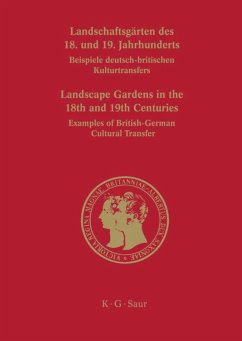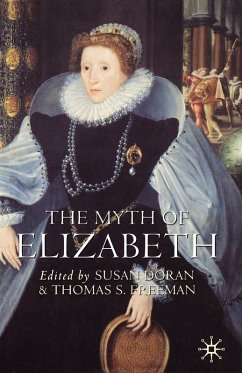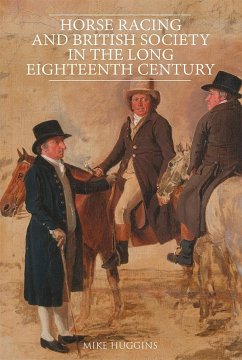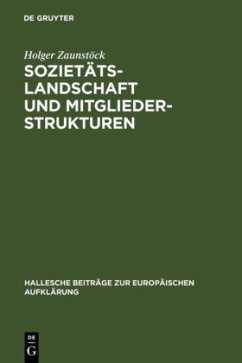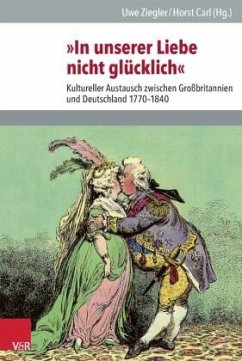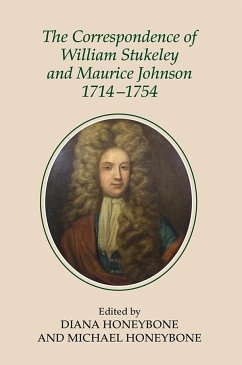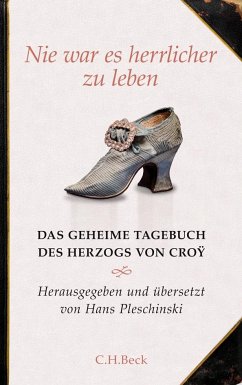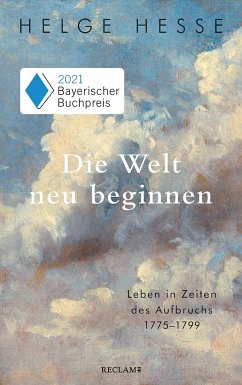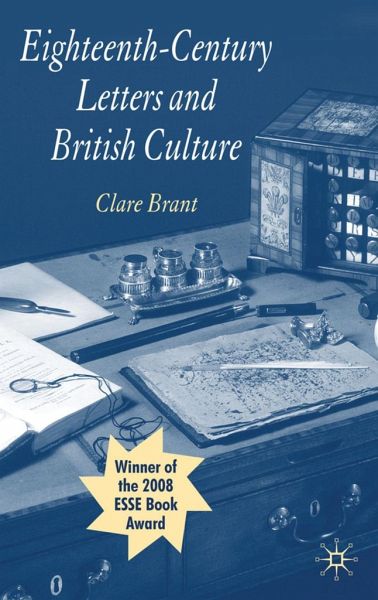
Eighteenth-Century Letters and British Culture

PAYBACK Punkte
42 °P sammeln!
This important new book explores epistolary forms and practices in relation to important areas of British culture. Familiar ideas about epistolary fiction and personal correspondence, and public and private, are re-examined in the light of alternative paradigms, showing how the letter is a genre at the centre of Eighteenth-century life.





